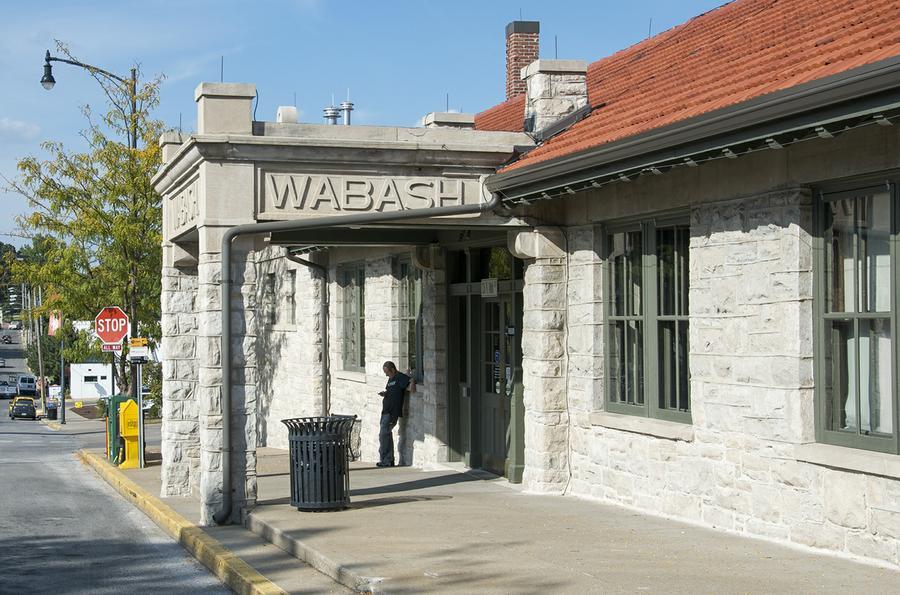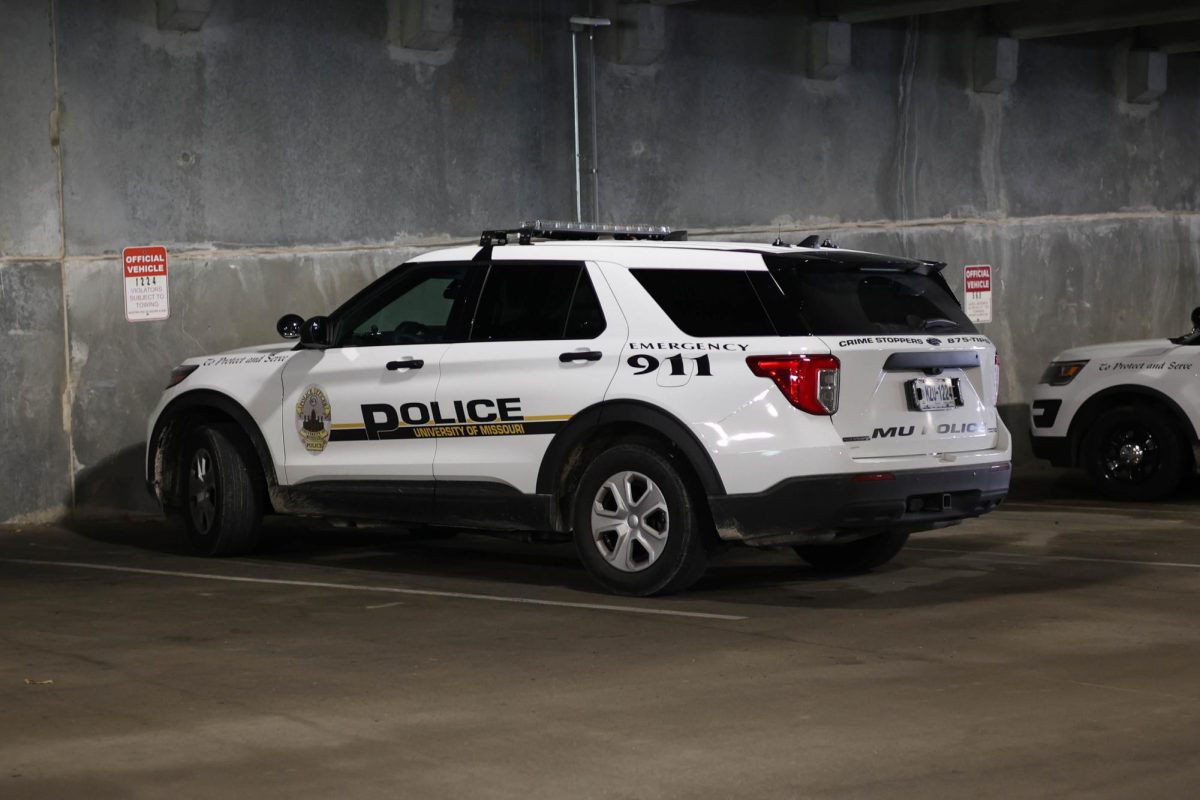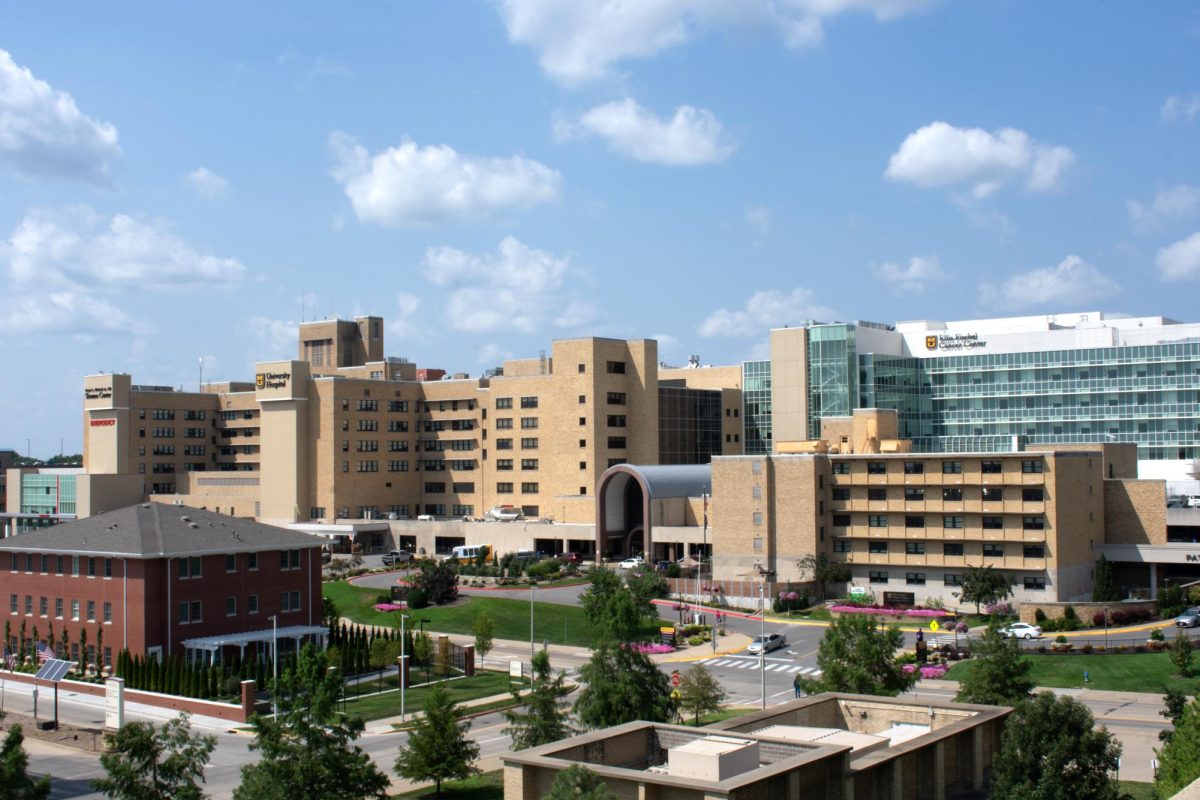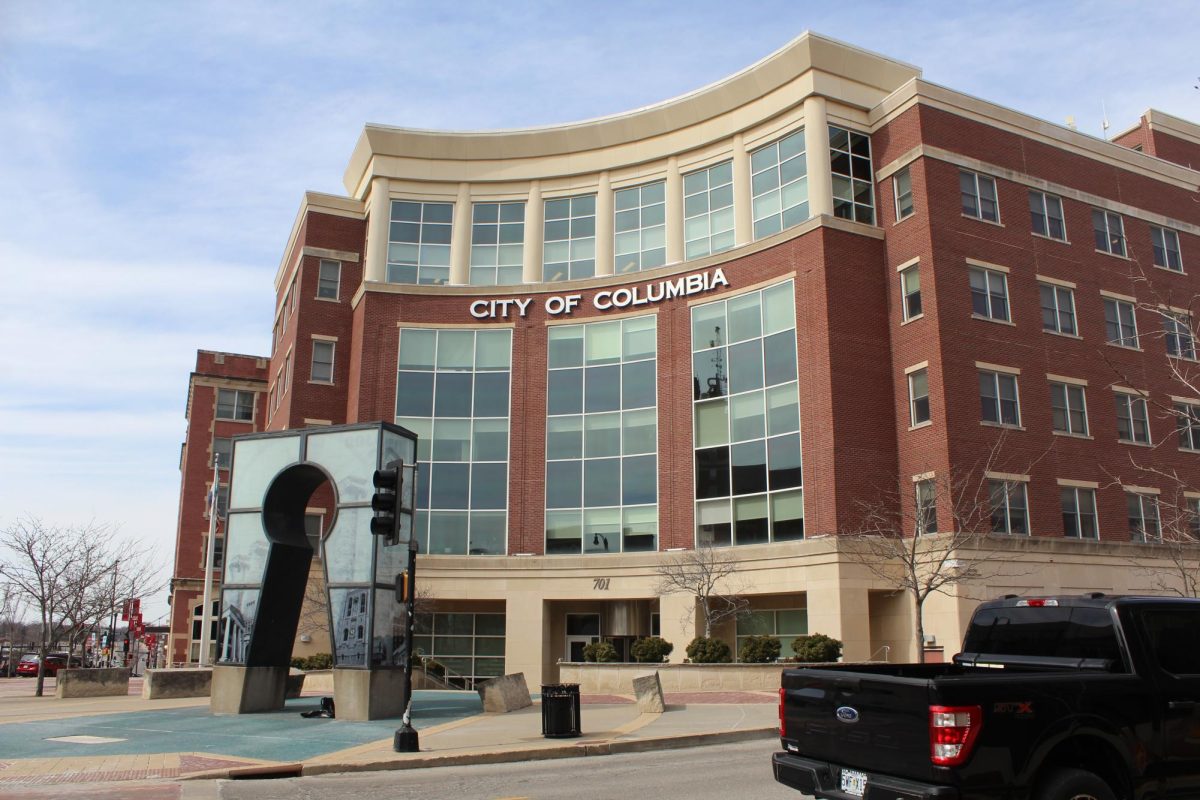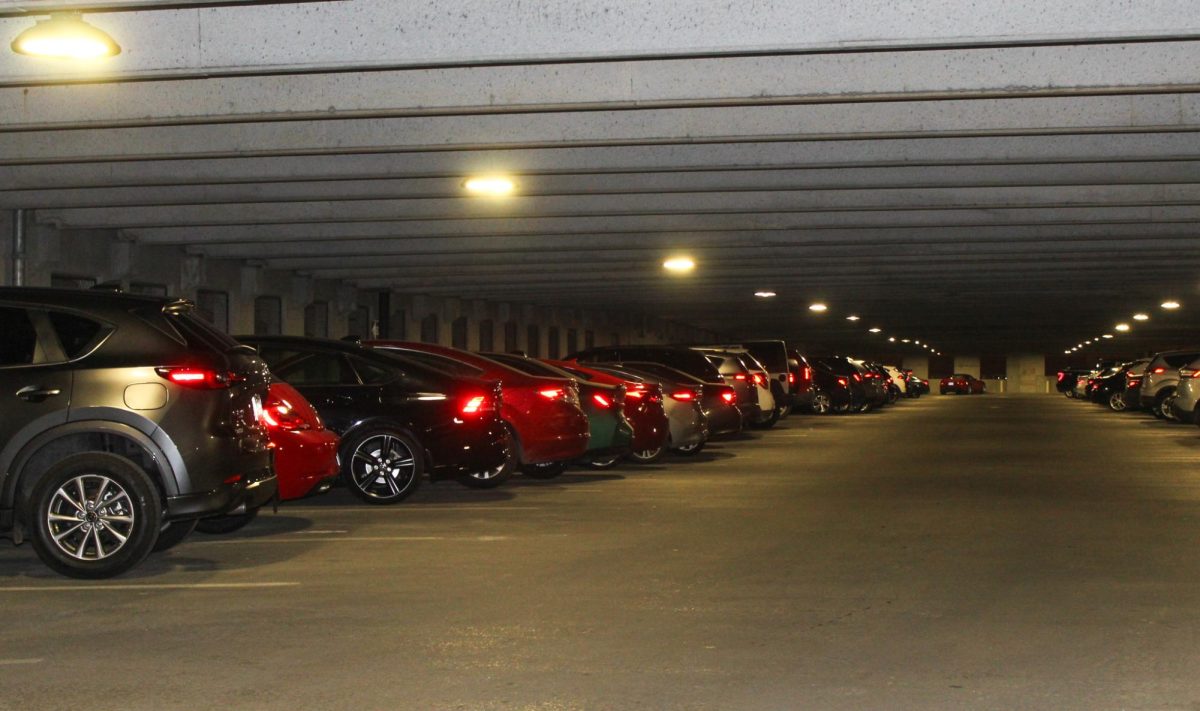Senior David Wallace rides Megabus about once a month, usually to go home to St. Louis.
This soon will no longer be the case as Megabus, a privately-owned bus company with stops around the world, is ending service in Columbia and Kansas City on Sept. 30 due to declining ridership, according to a recent press release. When Wallace, co-director of student communications for the Missouri Students Association, found out, he started a petition to keep Megabus in both cities.
During his travels, Wallace saw a man from St. Louis, who has a heart condition and took Megabus two to three times per week to visit a doctor in Kansas City, more than once.
Wallace said he doesn’t remember the man’s name, but that he is one of the main reasons he started the petition, which now has over 715 signatures. The petition is addressed to Megabus CEO Dale Moser.
“For him, (Megabus) is an integral part of his life,” Wallace said. “Greyhound trips can be expensive — doctor’s visits can get canceled. It was the cheapest thing for him to buy.”
Megabus started service in Columbia in 2008 and Kansas City in 2007. From Columbia, routes were available to Kansas City, St. Louis and Chicago.
Wallace said a lot of students currently use the service to get home to their families.
Sophomore Zack Helland previously used Megabus three or four times a year when he needed to get home to Chicago, he said. Now, he said he will have to find another ride to get home.
“It’s harder to find a ride than it is a Megabus ticket,” Helland said.
Helland said the other options for bus travel from Columbia, Greyhound and Mo-X, are more expensive and less convenient.
A one-way ticket to St. Louis on the Mo-X airport shuttle is about $57. Greyhound bus tickets for the same trip vary, but a standard ticket usually costs about $30. A Megabus ticket to St. Louis on Sept. 30, its final day in service, costs $10.
Sean Hughes, director of Corporate Affairs for Megabus North America, said the company has seen a fall in demand “for some time.”
“We are certainly aware of the petition but obviously, our decision is based more on numbers of people that are on our bus,” Hughes said.
Hughes said the company hoped to see the numbers in Columbia improve, but “had to take the unfortunate but necessary step to cut service.” He said the company appreciates outreach by Columbia residents.
Columbia Public Works Department spokesman Steven Sapp said the end of Megabus service is a loss to the city.
“We think the more options people have for mass transit the better, but we certainly understand that as a private enterprise, financial situations often dictate the service you can and can’t provide,” Sapp said.
Megabus and the city of Columbia did not have a contract for operations. Wabash Station, where Megabus picked up its Columbia passengers, was simply a convenient location, Sapp said.
Hughes said Megabus is reimbursing customers who have purchased a ticket for travel after Sept. 30.

